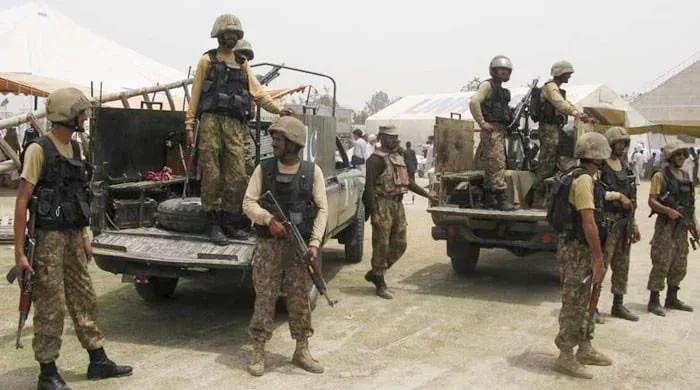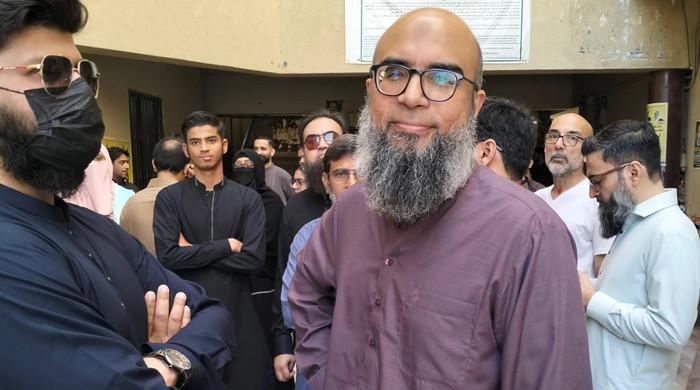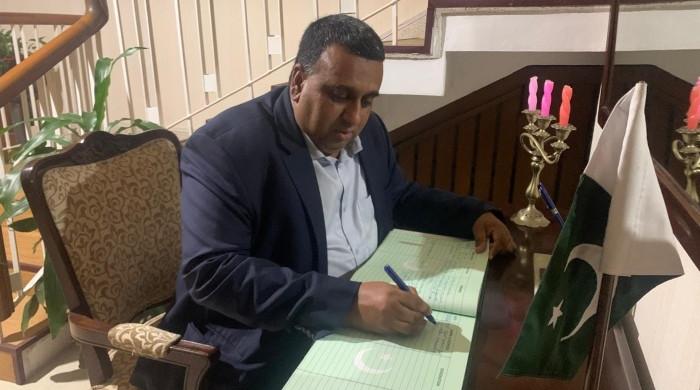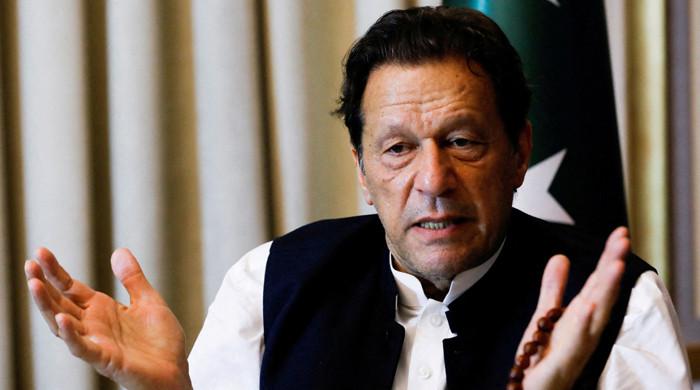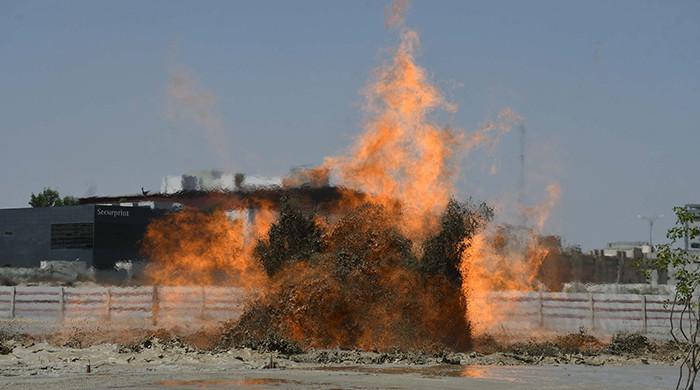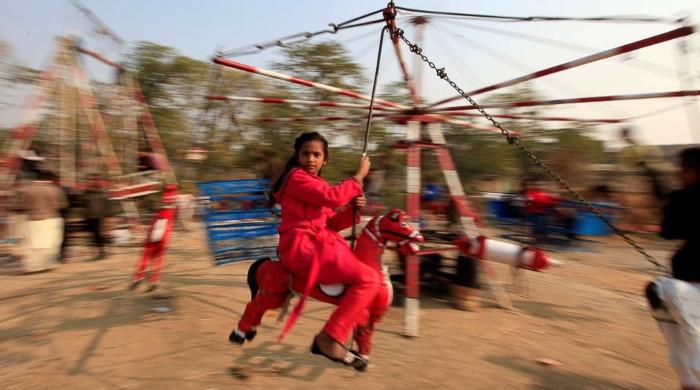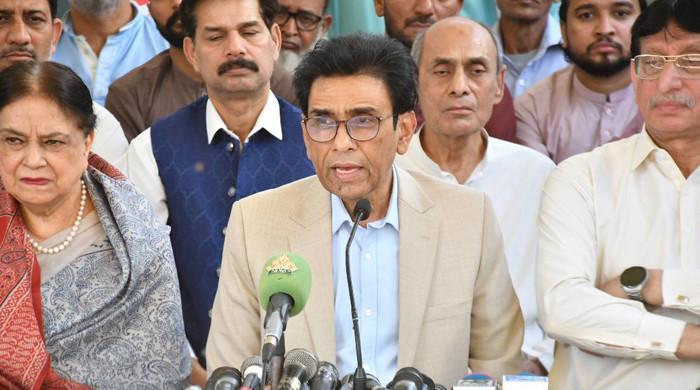Sindh govt to empower convicted prisoners' children via education
Minister announces developing global-first model for education of inmates' children, from school to university
January 23, 2025
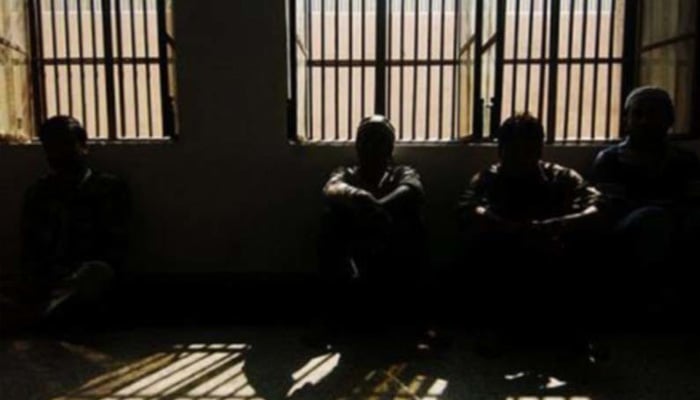
The Sindh government has decided to formulate a plan to assist the children of convicted prisoners in completing their education and announced to develop a global-first model for formal and non-formal education, as well as technical training — from school to university levels.
Discussions were held on various proposals to support the education of prisoners' children in a joint meeting chaired by Sindh's Minister of Education Syed Sardar Ali Shah and Minister for Prisons Ali Hassan Zardari.
The meeting was attended by secretaries of school education, universities and boards, college education, IG Prisons, and representatives from the home department, Sindh Technical Education & Vocational Training Authority (STEVTA), and Paigham Pakistan.
During the meeting, suggestions were presented by Paigham Pakistan regarding the education of inmates' children.
Minister of Education Syed Sardar Ali Shah welcomed the suggestions and emphasised that the mistakes of one individual should not result in punishment for their family, especially their children.
He stated that the state has a dual responsibility: enforcing the law and ensuring children receive an education.
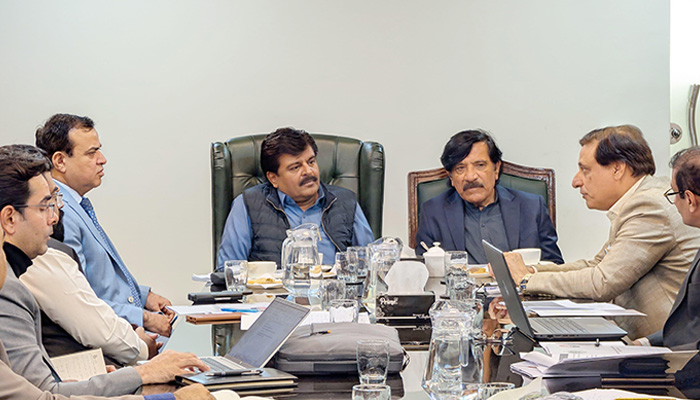
He further announced that a global-first model would be developed to provide formal education, non-formal education, and technical training to the children of convicted prisoners, from school to university.
The minister expressed hope that this model would serve as a guide for the future of prisoners' children across other provinces of Pakistan.
He said: "We want to turn the children of convicted prisoners into educated and patriotic Pakistanis. Instead of creating future prisoners, we aim to produce responsible citizens."
Sindh Minister for Prisons Ali pledged full support for the initiative and stated that efforts would also focus on educating those children who could not continue their studies due to family issues.
He highlighted that the Sindh government, under the leadership of the Pakistan People's Party (PPP), is working to transform the concept of prisons into "rehabilitation homes".
To gather data on prisoners' children currently pursuing education, a six-member working committee headed by the Secretary of College Education, was formed.
This committee will work with prisoners to collect information regarding their children's education.
The meeting also decided that children whose family heads or breadwinners are incarcerated will receive assistance in continuing their studies, especially if they are enrolled in private schools.
They will benefit from a 10% free scholarship.
Additionally, support will be provided under the Sindh Education Endowment Fund to help them pursue university-level education.
It was also discussed that children of prisoners who wish to support their families should be provided with technical and vocational training. Minister Shah directed the committee to present recommendations for children with disabilities or special needs.
He emphasised the importance of counselling and motivational efforts to help these children become productive members of society.




